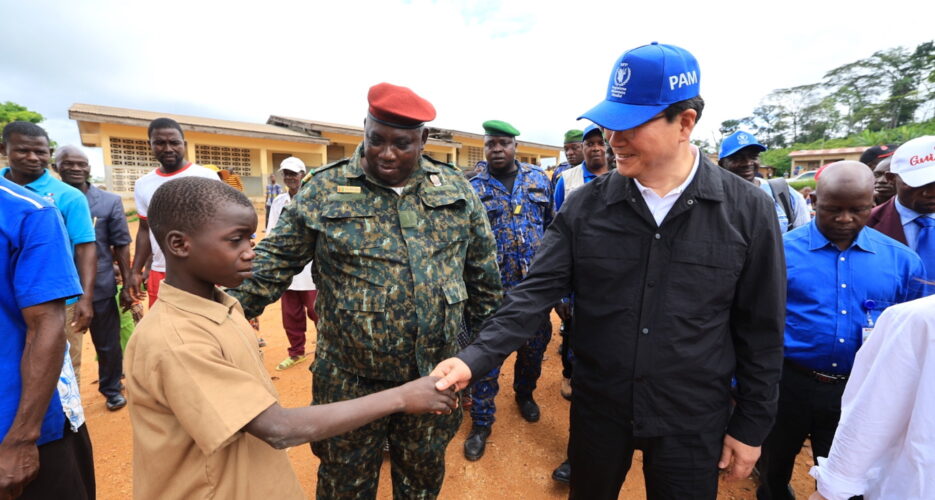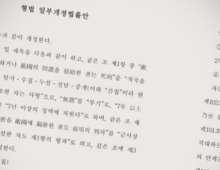The project paves the way for wider economic agreements, strengthening international ties between South Korea and Africa
In a marked step toward strengthening Africa’s agricultural capacity, South Korea’s Ministry of Agriculture, Food and Rural Affairs launched the K-Rice Belt project on July 3. The initiative seeks to improve African rice production by sharing high-yield Korean rice seeds and advanced agricultural technology.
In a conference in Seoul, ROK agriculture minister Chung Hwang-keun, representatives from the eight participating African nations and the deputy director of the African Development Bank announced the project’s official inauguration. During the conference, Chung pledged sustained efforts to increase Africa’s rice self-sufficiency.
In a marked step toward strengthening Africa’s agricultural capacity, South Korea’s Ministry of Agriculture, Food and Rural Affairs launched the K-Rice Belt project on July 3. The initiative seeks to improve African rice production by sharing high-yield Korean rice seeds and advanced agricultural technology.
In a conference in Seoul, ROK agriculture minister Chung Hwang-keun, representatives from the eight participating African nations and the deputy director of the African Development Bank announced the project’s official inauguration. During the conference, Chung pledged sustained efforts to increase Africa’s rice self-sufficiency.
Get 30 days
of free access to
KoreaPro
Full access to all analysis
The KOREA PRO newsletter, every business day
Daily analysis on the top story of the day
The ability to suggest topics for coverage by our specialist team
Be smart about South Korea
Get full access to expert analysis and opinion.
Start now
No charges during your trial. Cancel anytime. A paid subscription will start after 30 days.
© Korea Risk Group. All rights reserved.
No part of this content may be reproduced, distributed, or used for
commercial purposes without prior written permission from Korea Risk
Group.












